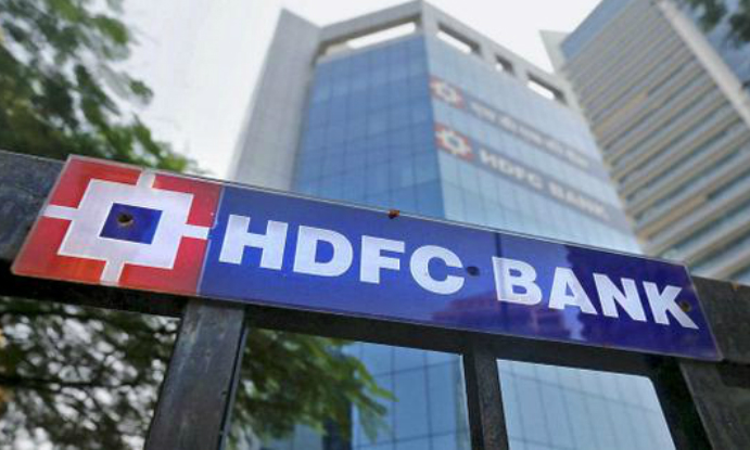Bank Liable For Fraudulent Online Transaction If Account Holder's Fault Not Proved : NCDRC
Akshita Saxena
9 Jan 2021 10:26 AM IST

Next Story
9 Jan 2021 10:26 AM IST
The National Consumer Disputes Redressal Commission (NCDRC) recently held that in case of fraudulent transactions leading to withdraw of money from a person's bank account, the concerned bank shall be responsible for the loss, not the customer, if it is not proven that the fraudulent transaction had taken place due to account holder's fault. The ruling was made by Presiding Member...
